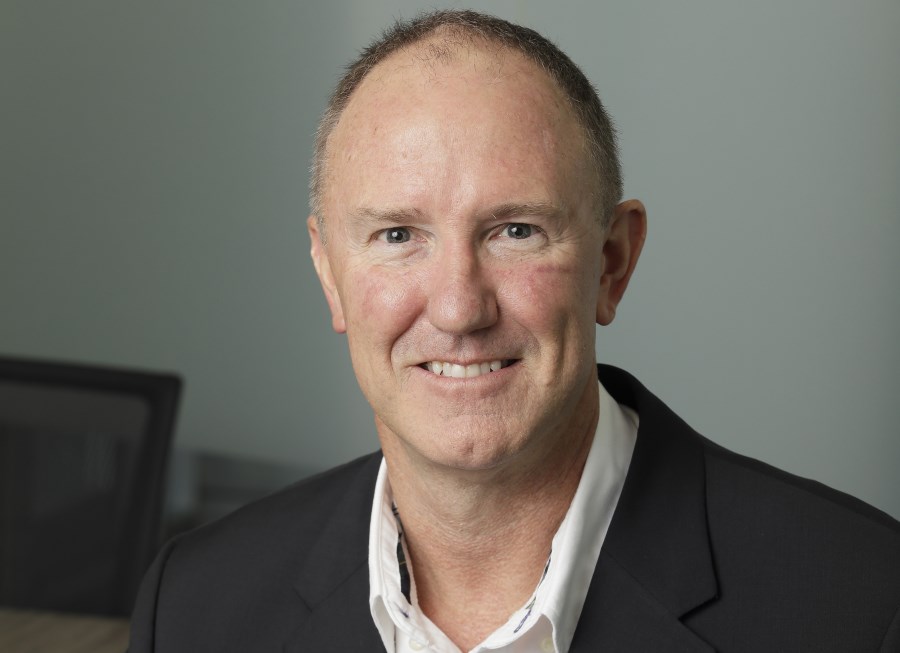How To Get A New Career In The New Year – As Millions Of Aussies Head Back To Work
- Written by Andrea Edwards

If changing careers was one of your New Year’s resolutions, you’re not alone with a recent survey finding one in three Australian workers are looking for a new job.
Career coach Peter James from Career Life Transitions said at this time of year many people think more carefully about their career because they find themselves dreading going back to a job they hate.
“While the post-holiday blues kick in, the fact is most people will end up staying in a job they no longer want, simply because they don’t know how to make a change,” said Mr James.
“It all comes down to have a plan and executing it,” he said.
As a Master swordsman, Mr James uses the lessons learned from his extensive training in martial arts and its parallels with business to help people become masters of their own careers.
“Mastery isn’t a talent, it’s a path that anyone can walk down.”
“You need to study your art, stay aware, be agile and have a flexible strategy in place to compete in the competitive job market – and be open to change.”
“Less than half of employees in Australia have job satisfaction and dream about a new career but find it too daunting to even begin.”
“We all have financial planners and accountants to help with our finances, but struggle through our career without getting expert guidance.”
“It’s not always about earning more money – often people just want a better work/life balance.”
“There are a lot of factors you need to consider first such as can you financially afford to move sideways or backwards in your wage, what are the risks involved and will you lose your current network of contacts.”
“Often all you need is someone to motivate you to take the plunge - to go for the job you'll actually love waking up for or to have the courage to ask for the promotion you deserve.”
Mr James’ expert tips to successfully change careers in 2018 are;
- Look at your financial position; can you afford to take time off to study or take a pay cut to move into a different field.
- Evaluate the risk; There is always fear moving into a new role or industry but if you do your research it can be worth taking a chance.
- Transferable skills; Your portability to a new role depends on how broad your transferable skill range is as opposed to your industry specific skills
- Barrier of entry; Look realistically at what it will take, will you need to get a get a degree or learn some new skills before embarking on a new career.
- Get expert advice; Changing careers can be one of the biggest moves of your life and if you get the right advice and guidance it can also be one of the most rewarding.
“Change is possible but plan how it will work - we’ve had a candidate come through our program that moved from the mines to medicine, she was able to manage this because of the financial security she’d already established.”
“Remarkably at a recent summit we discovered only 24% of HR workers have a career plan, so you can only imagine what that statistic would be in the general workforce - it’s easy to see why many people feel trapped in their jobs.”
“Anyone can change careers, it’s not always easy but if you go into it with the right attitude and consideration anything is possible.”
About Peter James
Peter James practices what he preaches, he’s had several careers over his working life, moving from senior management positions in mechanical engineering into change and leadership development; building his successful business Career Life Transitions that supports individuals as they transition through all facets of life.
Peter is a professional people and talent developer whose expertise is in strategic and ‘hands-on’ transition management, coaching, group facilitation, leadership and organisational development consulting.
He also uses his training in martial arts to help candidates better understand the art of strategy and tactics – teaching them what it takes to master managing their own career. In Japan the way of the sword and the way of business run parallel, with powerful Samurai families like Honda Toyota and Suzuki becoming the country’s business power brokers.
In 2014 he was inducted into the Australian Martial Arts Hall of Fame and is the Master Instructor or ‘Shihan’ of the WA School of Japanese Swordmanship.













